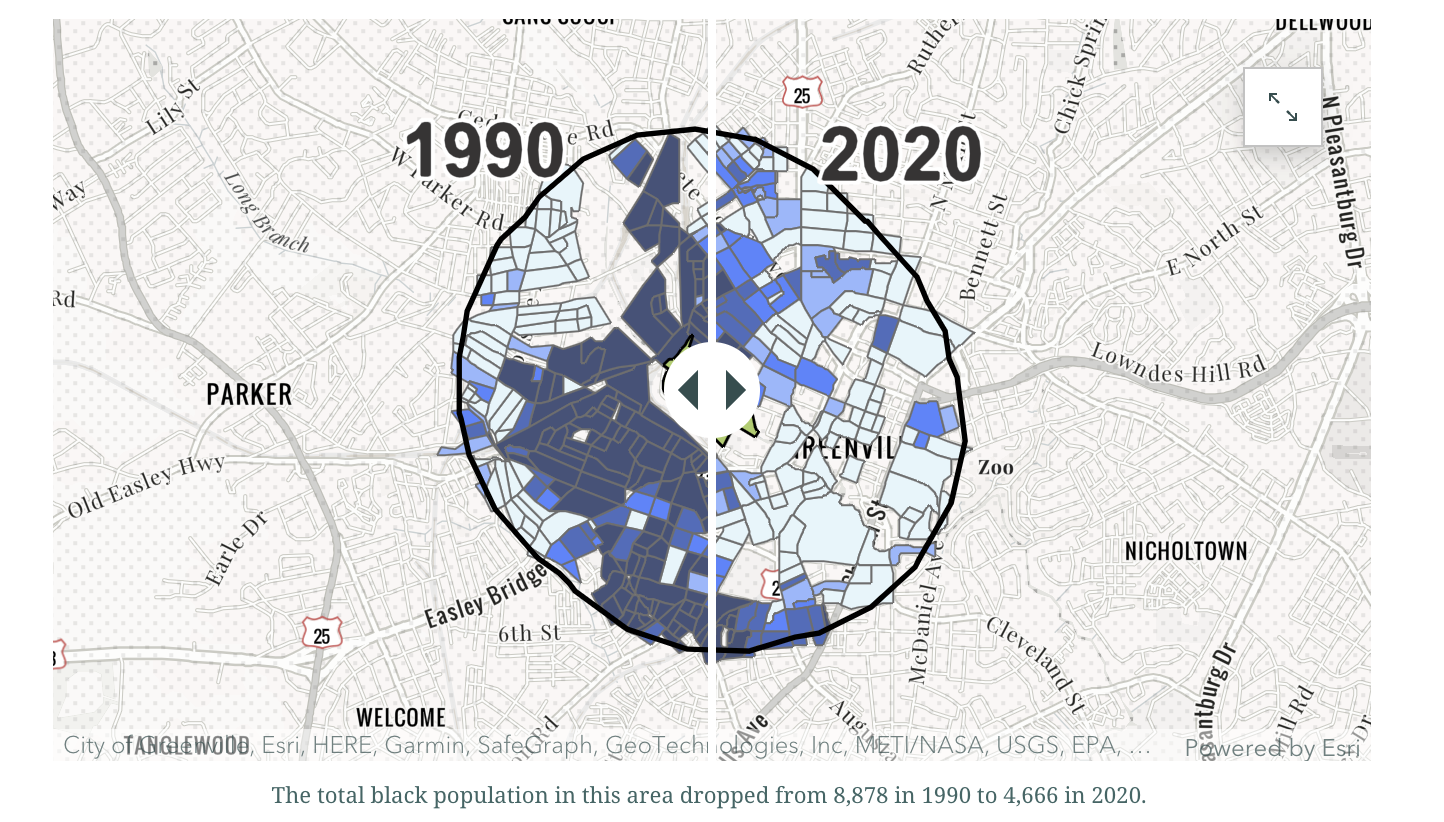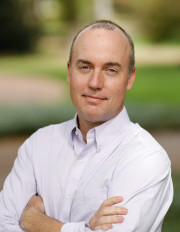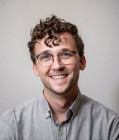Member Spotlight: Ken Kolb Collaborates with Local Newspaper for Award-Winning Series on Gentrification
“Ken’s work was absolutely essential to the Greenville News project…It was a great illustration of how academic research can reach out from campus and have a ripple effect across the entire community.” - Fred Clasen-Kelly, investigative reporter
In 1924, the city government of Greenville, South Carolina purchased 15 acres of land to build a park for its Black residents. After decades of neglect, that parcel of land has become the centerpiece of a $66 million dollar urban revitalization project that is now tied to the displacement of longtime Black residents.
Ken Kolb, Professor of Sociology at Furman University in Greenville, knows this history all too well. Over the course of his academic career, he has focused on understanding and highlighting the consequences of racial segregation in his own community and recently collaborated with his local newspaper, Greenville News, to shed light on the issue.
Over the course of 2022, Kolb worked closely with investigative reporters at Greenville News to provide data analysis and visualizations that would culminate in an award-winning series of six articles on gentrification and racial segregation in the city. Building off this media attention, Kolb has been working with community organizers to increase public interest and support for evidence-based policy solutions to address the issue.
Kolb’s collaboration with Greenville News began when he was contacted by Fred Clasen-Kelly in late 2021. At the time, Clasen-Kelly was an investigative reporter for Gannett, the parent company for Greenville News, which had just awarded the local newsroom a small grant to have him work with their reporters on a series about gentrification in the city. Kolb already had relationships with multiple reporters at Greenville News from years of providing data and connections for community stories and his name was quickly passed along to Clasen-Kelly as an invaluable local resource for such a project.
Over the course of several months, Kolb led a small research team at Furman to develop accessible data analysis and graphics for the reporters. “Everyone knows gentrification when they see it,” Kolb told SSN. “It's just we needed some numbers to kind of bolster the subjective opinions of neighborhood residents…and the strength of it lies in its simplicity and that the data is publicly available.” The data analysis for these articles built on Kolb’s prior research, including his recent book, Retail Inequality: Reframing the Food Desert Debate, that documents the struggles of two Black neighborhoods in Greenville. Kolb also incorporated ongoing research into racially restrictive covenants that were used to create segregated Black and white neighborhoods in Greenville decades ago.

Beyond the data, Kolb accompanied local reporters to neighborhood community centers to recruit residents to give testimonials and become sources for the articles. As an expert on the local context, he was also on call to answer questions from reporters in the street. To coincide with the release of the articles in Greenville News, Kolb was given space to write a column explaining the data analysis his team conducted.
“Ken’s work was absolutely essential to the Greenville News project,” said Clasen-Kelly. “He met with reporters individually and talked to us as a group. He leveraged relationships he built in the community to help reporters make contacts. This totaled an untold number of unpaid hours. It was a great illustration of how academic research can reach out from campus and have a ripple effect across the entire community.”
Beyond Greenville News, Kolb called on his local media relationships to get coverage of the issue in multiple additional media outlets, including a feature piece for South Carolina Public Radio by Scott Morgan. The two had connected previously when Kolb first took on leadership of the South Carolina SSN chapter and they were introduced by the prior chapter leader.
Building off this media attention, Kolb worked with a group of community organizations to put together a community meeting that was attended by over 200 residents. His research partner, Mike Winiski, presented their findings to the group and showed attendees how to utilize the publicly available data for their advocacy. Kolb’s hope is that the research report can be useful to community residents as they push for change by providing them with an easy to access public document that contains neighborhood level data to bring to city council meetings and public testimony.
“The conversation had become stagnant in the city, and the only way we could restart it was to introduce new data, because that's news,” said Kolb. “And the news cycle eventually ends, but if you can organize around it, then the mission can live on.”
Kolb’s work on racial segregation in Greenville and his collaboration with Greenville News highlights just how instrumental local experts can be in investigative journalism and local advocacy. “Our team was assigned to examine what 40 years of rapid economic growth had meant to Greenville’s present and the city’s future. The work of Ken’s team fills in the holes in the historical record.” said Clasen-Kelly. “Greenville’s leaders have a narrative of its recent growth that is at odds with the lived experience of many of its Black residents. Many have a sense that there are powerful forces working against the best interest of their lives and neighborhoods. Ken’s work helps draw a line between the city’s growth and the struggle for so many people to keep a roof over their head.”
Looking forward, Kolb hopes that the media attention coupled with the efforts of community organizations can lead to policy change in Greenville and prevent more community members from getting pushed out of their neighborhoods.
Update as of April 2023:
In late March, city officials in Greenville voted to leverage existing funding, as well as private equity and other resources, to create a $33 million loan or bond program to increase affordable housing in the city. By frontloading existing, annual affordable housing funding in the city, leaders hope to more quickly address the issues of segregation and gentrification, while saving money in the long term. Pressure from residents is seen as a contributor for moving this measure forward more quickly and increasing the amount of funding dedicated to affordable housing. Additionally, city leaders decided to support a state bill to give the city permission to use its tourism taxes to pay for worker housing. Read more about these and other developments in the Greenville News.

Kolb is Professor and Chair of Sociology at Furman University in Greenville, South Carolina. His research outlines how people in underserved neighborhoods purchase and consume retail food despite the considerable obstacles in their path. He is author of the books Retail Inequality: Reframing the Food Desert Debate (University of California Press, 2021) and Moral Wages: The Emotional Dilemmas of Victim Advocacy and Counseling (University of California Press, 2014).
